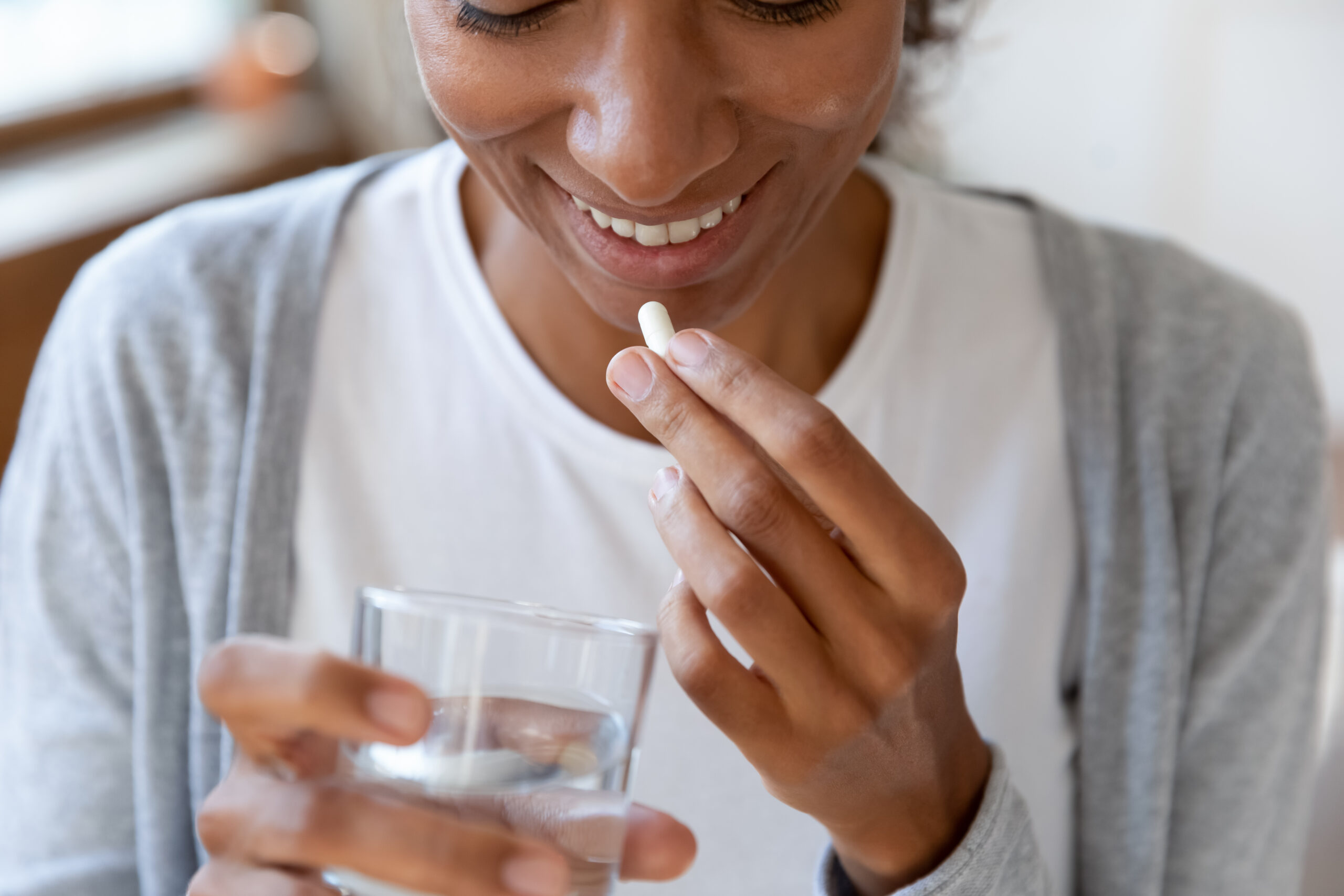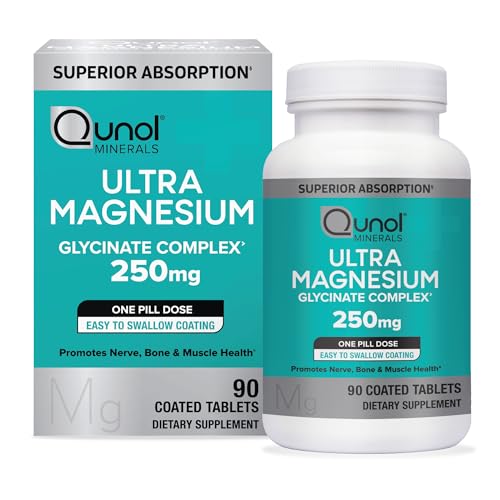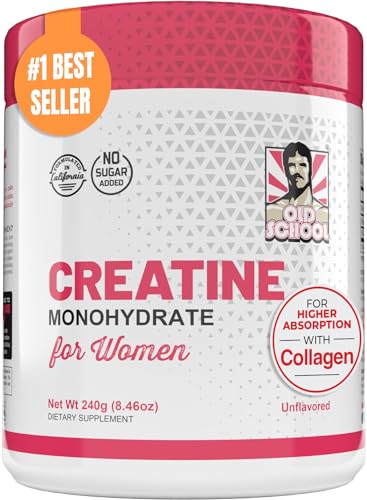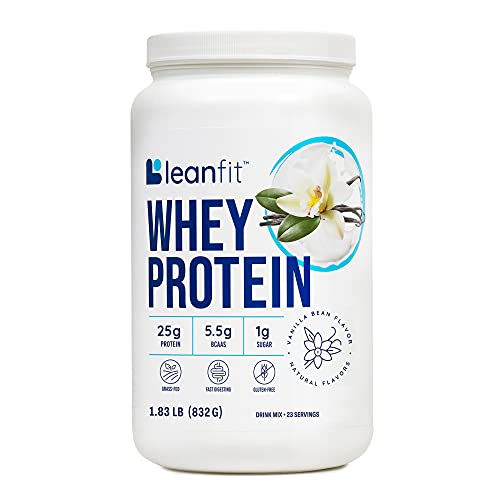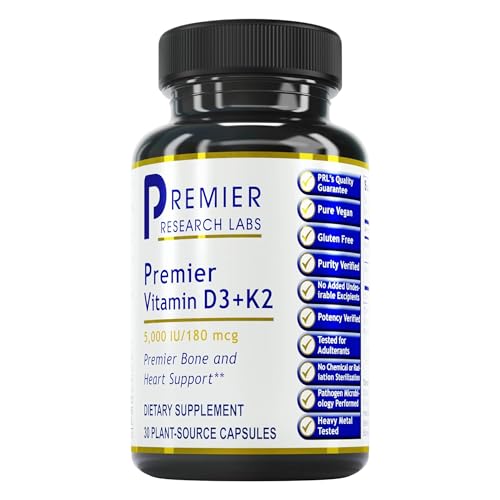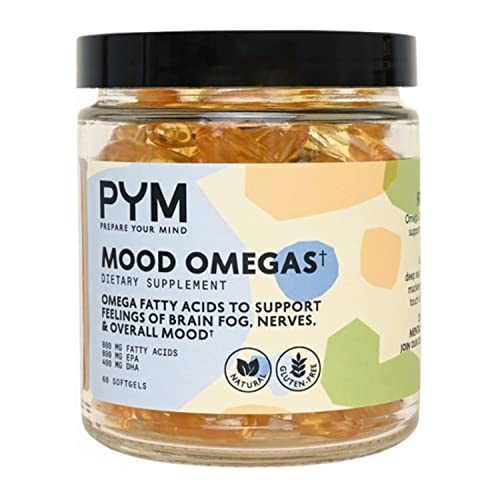Perimenopause is a major shift in a woman’s life. It can bring on symptoms like brain fog, fatigue, mood swings and trouble keeping on muscle. Black women are more likely to experience more intense menopause symptoms. So, it’s key for them to get ahead of the changes with the right nutrients. While movement and a balanced diet are important, adding targeted supplements during perimenopause can offer the extra support your body needs.
- Best Magnesium: Qunol Magnesium Glycinate Complex
- Best Creatine Monohydrate: Creatine Monohydrate Powder Optimized for Women
- Best Protein Powder: LeanFit WHEY Protein Natural Vanilla
- Best Vitamin D3 & K2: Premier Research Labs: Vitamin D3 + K2 Supplements
- Best Omega 3 Fatty Acids: Omega-3 Supplement by PYM
21Ninety spoke with registered dietitian Danielle Rancourt. She offered expert insights on five perimenopause supplements that can make a real difference during this stage of life.
Perimenopause Supplements
Magnesium (Glycinate or Threonate)
Many adults don’t get enough magnesium from their diets. Foods like pumpkin seeds, dark leafy greens, avocados, nuts, seeds, beans, and whole grains are rich sources of the element. It plays a critical role in sleep quality, mental clarity, and muscle function, all of which can be disrupted during perimenopause.
“Magnesium glycinate can help promote more restful sleep, which perimenopausal women struggle with,” says Rancourt. “Magnesium threonate, on the other hand, can help reduce brain fog and increase mental clarity.”
Creatine Monohydrate
One of the most important things perimenopausal women can do is build and maintain muscle mass. This helps prevent age-related muscle loss and keeps metabolism strong. Creatine monohydrate is well known for increasing strength, power, and lean body composition, but it also has emerging cognitive benefits.
“Muscle equals longevity,” Rancourt emphasized. “Creatine not only helps build strength and a leaner body composition but may also reduce brain fog and improve cognition.”
Quality Protein Powder
Protein is essential for muscle maintenance, hormone production, and overall energy levels. Unfortunately, Mmany perimenopausal women struggle to consume enough due to a decreased appetite or lack of desire for animal protein.
“A high-quality, third-party tested protein powder can help fill the gaps, ensuring women get all the essential amino acids they need,” says Rancourt.
This makes it easier to meet daily protein requirements and support muscle recovery and maintenance.
Vitamin D3 + K2
Vitamin D deficiency is extremely common, especially among Black women. It’s because melanin reduces the skin’s ability to produce vitamin D from sunlight. A lack of vitamin D can contribute to fatigue, weak bones, increased risk of fractures, and muscle weakness. Pairing it with vitamin K2 ensures that calcium is directed to bones and teeth rather than arteries, promoting better cardiovascular and bone health.
“Vitamin D3 deficiency is very common in this population,” Rancourt explains. “I highly recommend that everyone gets their vitamin D3 levels checked annually—TEST, DON’T GUESS! If you’re extremely deficient, you’ll need a ‘super dose’ at first, followed by a maintenance dose.”
Omega-3 Fatty Acids
Omega-3s are powerful anti-inflammatory agents that support joint health, mood stability, and heart health. Many women don’t consume the recommended 12 ounces of fatty fish per week, making supplementation a helpful alternative.
“Omega-3 fatty acids have been shown to help reduce symptoms of depression and anxiety, which are common during perimenopause thanks to fluctuating hormones,” Rancourt shares. “They also help promote healthy cholesterol levels, which is important since estrogen decline can lead to rising cholesterol numbers.”
What Should Be Avoided During Perimenopause?
During perimenopause, it’s important to avoid excess sugar, processed foods, and refined carbohydrates. These can increase inflammation, worsen mood swings, and cause energy crashes. Alcohol and caffeine can disrupt sleep and trigger hot flashes, while skipping strength training can lead to muscle loss and weakened bone density. Additionally, chronic stress raises cortisol levels, exacerbating weight gain, anxiety, and fatigue. By prioritizing a balanced diet, reducing stimulants, incorporating resistance training, and managing stress, women can better navigate perimenopause and maintain overall well-being.
Our editors love finding you the best products and offers! If you purchase something by clicking on one of the affiliate links on our website, we may earn a commission at no extra cost to you.
